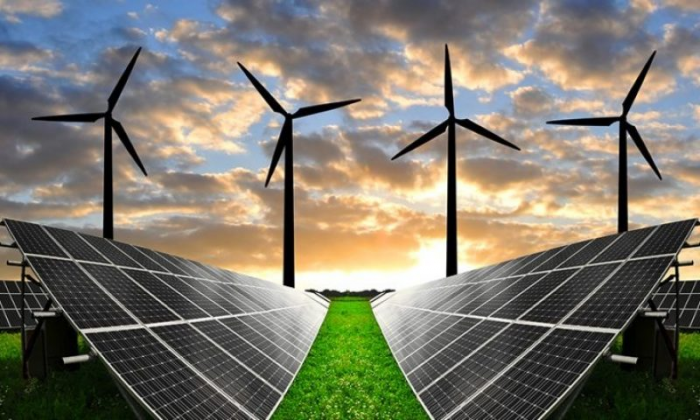Overview
The Dutch government aims for 16% of all energy used in the Netherlands to be sustainable by 2023. The National Energy and Climate Plans puts the RES-target in electricity sector for 2030 in the Netherlands at 74.4%. The electricity generation from renewable energy sources is supported through a variety of different schemes. The Dutch government offers a subsidy in order to make the production of renewable energy and the use of CO2-reducing techniques more attractive. The Dutch Government also offers several tax benefits for generators of electricity, as well as a net-metering scheme.
Summary of support system
- Subsidy (SDE++) – subsidy intended for companies and organizations who produce renewable energy or apply CO2-reducing techniques
- Tenders/auctions - yearly auctions under the SDE++ scheme which aim to address the ‘unprofitable component’ for these technologies
- Net-metering – those who are connected to the grid and produce energy can make use of the net-metering scheme
- Tax regulation mechanism – Energy investment tax deduction
- Tax mechanism – tax exemption for the customer if the electricity consumed is from renewable energy sources and generation of this electricity is carried out by the consumer themselves
Competent authorities
- Netherlands Enterprise Agency
- Dutch Tax Authority
- Ministry of Finance
- Ministry of Economic Affairs and Climate Policy
- Ministry of Infrastructure and Water Management





